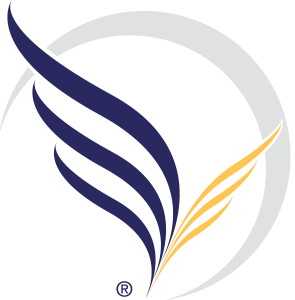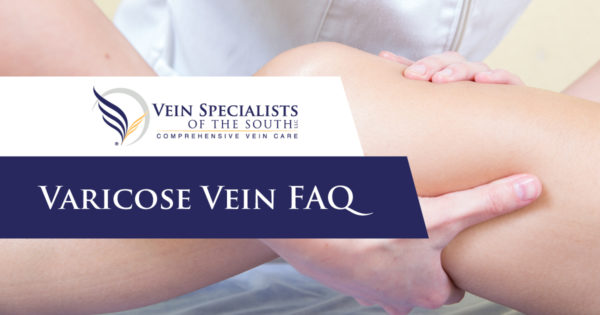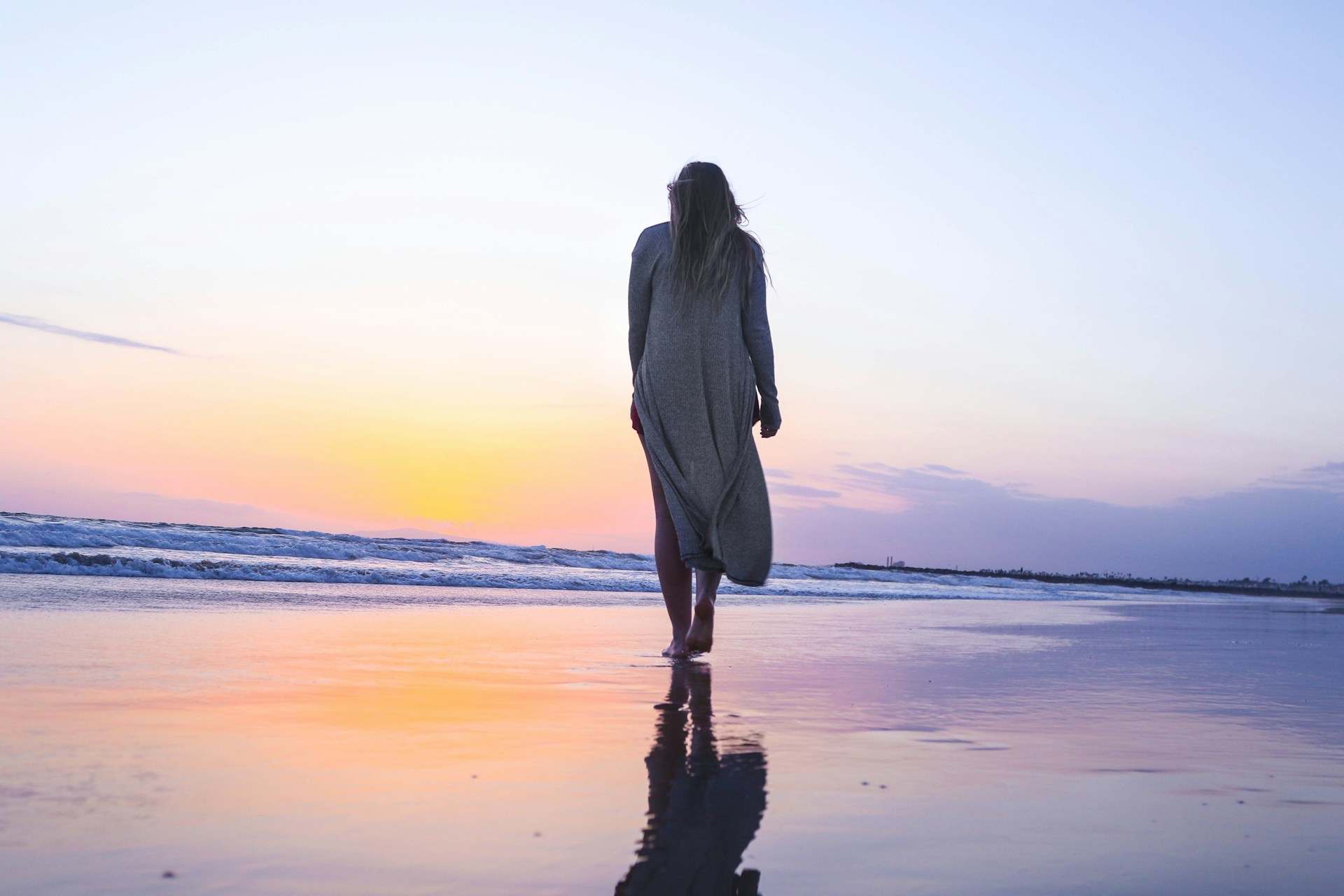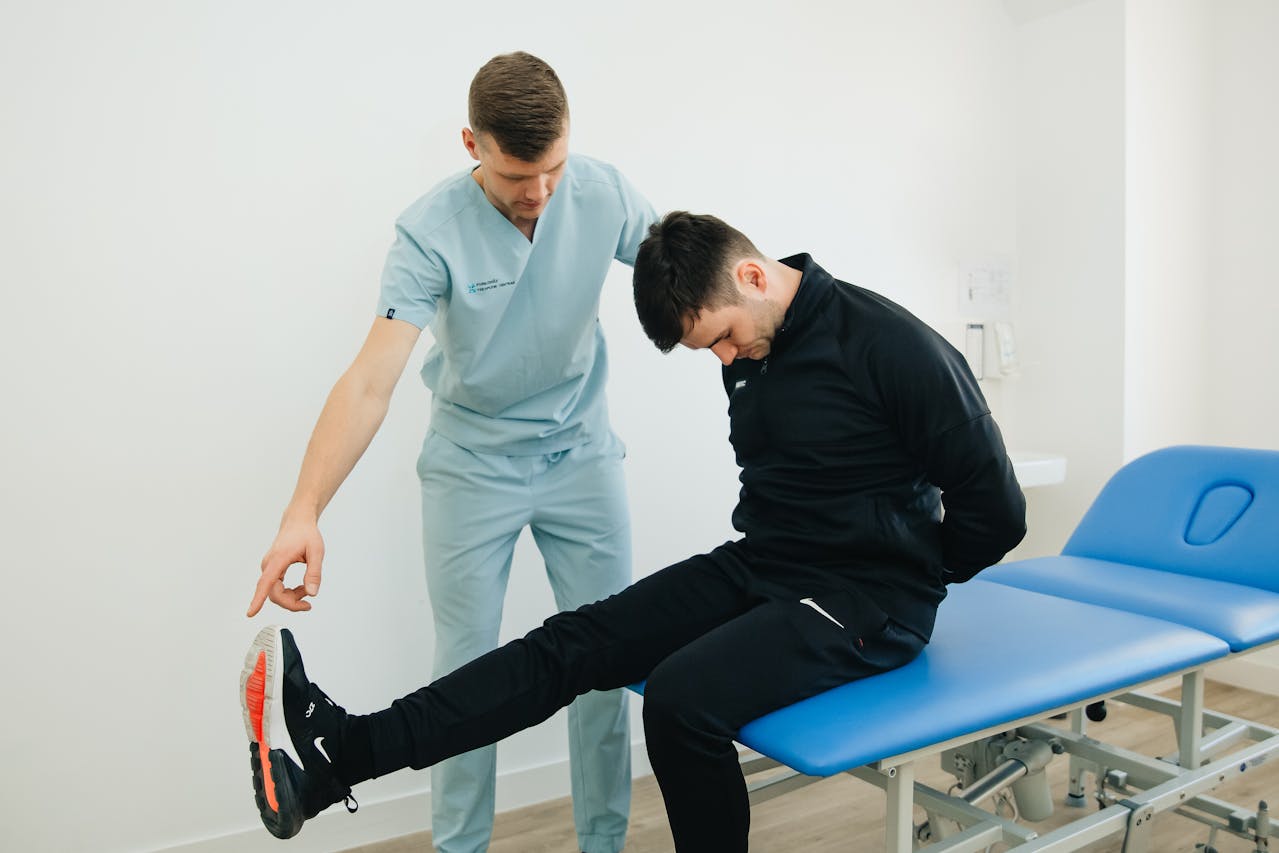Common Varicose Vein Questions
Whether you have varicose veins or a family history you’re trying to nip in the bud, we’re here to help. Our vein specialty practice in Downtown Macon, GA hosts vein educational events every year to help people just like you learn about symptoms, risk factors, prevention, evaluations, and treatments for varicose veins. These events are free to the public, so check out our events page to find our upcoming dates and RSVP. There, you can get most of your varicose vein questions answered directly by our providers. If you don’t have time to come in for one of our events we, also, offer the convenience of our online vein evaluations. Our goal is to make it simple, easy and convenient for you to access the best vein care at Vein Specialists of the South.
In the meantime, check out the FAQs below.
Do Varicose Veins Go Away On Their Own?
There is no way to completely prevent varicose veins, and they do not go away once you have them. For example, it’s common for varicose veins to appear and become symptomatic during pregnancy. In many instances, the symptoms associated visible varicose veins which develop with pregnancy will improve over the first three months after you have your baby. However, they often do not improve and in many cases worsen over time. This is especially true after your second and subsequent pregnancies.
The only way to really get rid of varicose veins is to seek treatment from a vein specialist. At Vein Specialists of the South, we provide our ‘Better Veins for Life’ conservative care options like compression stockings and recommended lifestyle changes in addition to procedures that treat the affected veins.
What Makes Varicose Veins Worse?
Varicose veins have many causes, some of which are not in your direct control. However, once you have varicose veins, there are some things that you may want to avoid, including:
- Hormones, including birth control
- Weight gain, obesity
- Excessive use of high-heels
- Sitting or standing for long periods of time without stretching or moving
Our vein specialists will go over ways you can help keep your varicose veins from getting worse, ways to improve your symptoms and how to correct your vein problems.
Can Varicose Veins Be Harmful?
Varicose veins can create bothersome symptoms such as heaviness, aching, throbbing, swelling, night cramps, restless legs and leg pain. However, in the majority of cases, varicose veins are not harmful. There are a few exceptions, however.
Blood Clots and Varicose Veins
If you have varicose veins, your risks of developing blood clots increases. This condition is known as thrombophlebitis. There are two different types of blood clots that appear in varicose veins: superficial vein thrombosis (SVT) and deep vein thrombosis (DVT).
With SVT, you will notice symptoms where visible varicose veins have appeared before. The skin will appear red and feel hard and tender. Though not life threatening, it can be serious and is quite symptomatic.
With DVT, over 50% of patients have no symptoms at all. Oftentimes, the first symptom occurs when the blood clot breaks away and travels via the bloodstream to the lung, causing a life-threatening complication known as a pulmonary embolism (PE).
Other Complications of Varicose Veins
Left untreated, varicose veins may lead to:

- skin changes in the ankle area
- skin ulcers
- rupture and bleeding
It is easy to see why it is important to your varicose veins evaluated by a vein specialist to ensure you avoid one of these serious health consequences.
How Do You Prevent Varicose Veins?
If your relatives (parents, aunts, uncles and grandparents) have varicose veins, you are more likely to get them as well. Heredity is hard to escape, so there are no surefire ways to completely prevent varicose veins. In general, the healthier you are overall, the less likely you are to have problems with varicose veins. Things you can control include:
- maintaining a healthy weight
- keeping fit
- having a healthy cardiovascular system
- watching weight gain during pregnancy
- elevating your legs every day
- wearing compression stockings
All of these VSS ‘Better Veins for Life’ principles can help minimize your varicose vein risk.
Do Varicose Veins Burst?
Varicose veins do not typically burst. However, severe varicose veins and very superficial spider veins that are close to the surface of the skin may bleed. This most often occurs after a hot bath or shower with the use of a rough bath cloth or towel. A scratch or bump into a piece of furniture can damage the overlying skin. When this happens, the vein can bleed a little or a lot. In the event of a bleeding vein, it is important to lie down, elevate the leg above the heart level, apply direct pressure, and call for help. It is essential to seek medical assistance immediately to stop the bleeding and prevent infection.
What Is Good For Varicose Veins?
There are several self-management techniques to help you deal with varicose veins. Mild forms of exercise will boost the circulation in your legs, leading to a reduction in bothersome symptoms. Maintaining a healthy weight and eating nutritious foods will also keep symptoms to a minimum. Wear loose-fitting, comfortable clothing. If you stand all day for work, stretch your legs and flex your calves to improve circulation and vein health. Put your feet up at the end of the day to reduce swelling and fluid accumulation. And wear medical-grade graduated compression stockings
What Is The Best Way To Treat Varicose Veins?
Several new varicose vein treatments exist. These procedures are less invasive and include heat based endovenous treatments, sclerosing agents, and adhesive procedures that require little-to-no downtime. Every person is unique, and your recommended method of treatment will be designed around your specific needs and goals. There is no one-size-fits-all approach to any health concern, and varicose veins are no different. At Vein Specialists of the South, we are committed to providing the right procedure for the right patient at the right time.
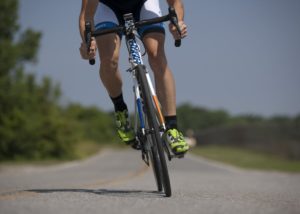
Is Cycling Good For Varicose Veins?
Cycling is a fantastic method of exercise to help alleviate the symptoms associated with varicose veins and improve the health of your legs overall. The movements made when cycling work the innermost portions of the calf muscles, increasing circulation and relieving pressure in the legs. Stationary bikes work just as well as outdoor bikes, and your cardiovascular system as a whole will benefit as well. An easy way to get cycling into your routine is to put a stationary bike in front of your television. Use it any time you’re watching your favorite show, especially if you’re binge-watching.
Does Running Make Varicose Veins Worse?
Running is a great form of exercise, but it isn’t recommended for those who have more severe venous disease. Running puts a great deal of stress on the legs as your feet repetitively strike the ground. Cycling and swimming are preferred methods of exercise as they allow you to move your leg muscles without putting excessive strain on your legs. However, if the only exercise you enjoy is running, our team of vein specialists will help you develop a plan to treat you veins while allowing you to enjoy running. We would rather you run than not exercise at all!
Want To Learn More About Varicose Veins And Treatments?
Do you have varicose vein questions that haven’t been answered here? If you’re experiencing negative symptoms associated with the presence of varicose veins, you may wish to attend a free vein education event where you can learn more on the topic. Personal evaluations will be performed, and you’ll have an opportunity to receive answers to your questions. Please also browse the rest of our site for more answers to common varicose vein questions and learn about other conditions like lymphedema.
If you do not have time to come in for an in office evaluation. we developed Virtual Vein Specialists just for you. It is a simple, easy and convenient way to engage our VSS team from the comfort of your home.
Schedule A Consultation For A Vein Evaluation In Central Georgia
Vein Specialists of the South has been serving Central Georgia since 1997. Our dedicated vein specialists have successfully treated tens of thousands of patients with venous disease. We have your best interest at heart and will work to develop a treatment plan to eliminate any bothersome symptoms you have while improving the appearance of your veins and legs at the same time. Please contact us to schedule your consultation today and get started on the road toward having beautiful, pain-free legs.
Have More Varicose Vein Questions? Visit our FAQ page for more information.

